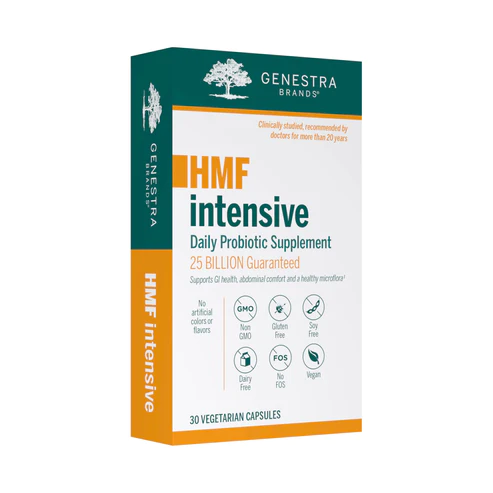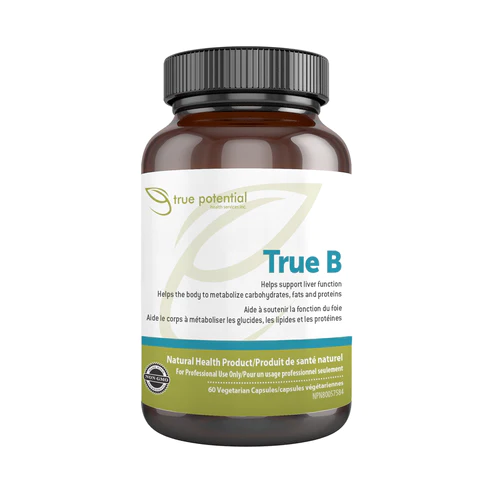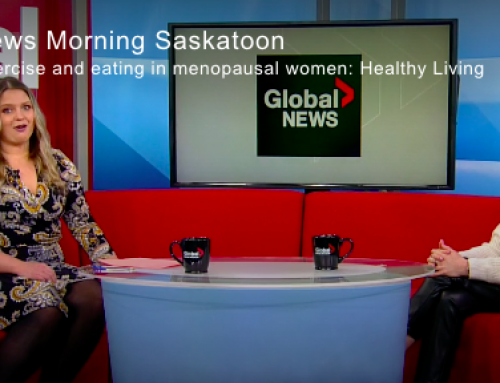There’s a lot of buzz right now about how to “lower cortisol” to banish belly fat or fix fatigue, but most of these sound bites miss the bigger picture. Cortisol isn’t just some villain hormone working against you. In fact, it’s essential for your survival.
Produced by the adrenal glands, cortisol helps your body respond to stress and gives you energy when you need it most. But when your body leans too heavily on cortisol, especially during perimenopause and menopause, that’s when uncomfortable or problematic symptoms might start to show up.
So, what’s really going on? Watch the latest Healthy Living segment or keep reading to learn more!
Estrogen’s Role in Stress
One major piece that’s often overlooked: estrogen plays a critical role in how your body handles stress.
In perimenopause, estrogen doesn’t simply taper off. Instead, it fluctuates wildly, making you more sensitive to stress than you used to be. Estrogen helps to buffer your stress response and keep cortisol in check. So when estrogen drops, your body leans on cortisol to fill in the gap.
This is why so many women find that the things that used to work—skipping meals, pushing through fatigue, doing intense fasted workouts—suddenly stop working.
Without estrogen’s support, those same strategies now drive up cortisol and actually make things worse.
Are You Unknowingly Stacking Stress?
Many midlife women are unintentionally creating the perfect storm for cortisol imbalance with habits that once felt empowering:
-
Fasted workouts
-
Skipped meals
-
Overtraining
-
Poor sleep
-
Gut health issues
Each one of these might seem harmless on its own—but together, they keep cortisol elevated and block fat loss, energy, and emotional balance.
So, What Helps?
This phase of life calls for a different kind of strategy, one that’s built around nourishment, not deprivation. Here’s how to better support cortisol balance:
1. Fuel Before Workouts
Fasted training can spike cortisol, especially in midlife. Even a small snack before movement sends a signal of safety to your body and helps reduce stress load.
2. Stabilize Blood Sugar
Skipping meals or relying on caffeine creates energy crashes and cortisol spikes. Instead, focus on balanced meals with protein, fat, and fiber to keep your nervous system steady.
3. Lift More, Run Less
Long cardio sessions raise cortisol, but strength training helps build muscle and supports hormone balance. It’s a better fit for your metabolism in midlife.
4. Repair Gut Health
Cortisol disrupts digestion—and poor digestion keeps the stress response active. Supporting gut health with whole foods, probiotics, and rest can lower your overall stress load.
5. Respect Rest
Real rest and recovery (including sleep, leisure, and actual downtime) are essential to calm the nervous system and rebalance cortisol.
A New Formula for Success
This chapter isn’t about pushing harder; it’s about getting smarter. By understanding how cortisol interacts with estrogen, you can shift from strategies that make things harder into ones that actually support your body through this transition.









